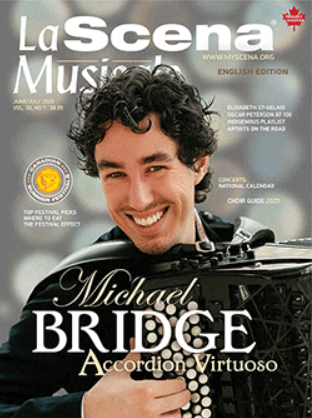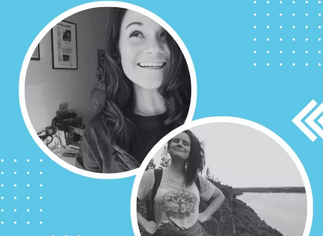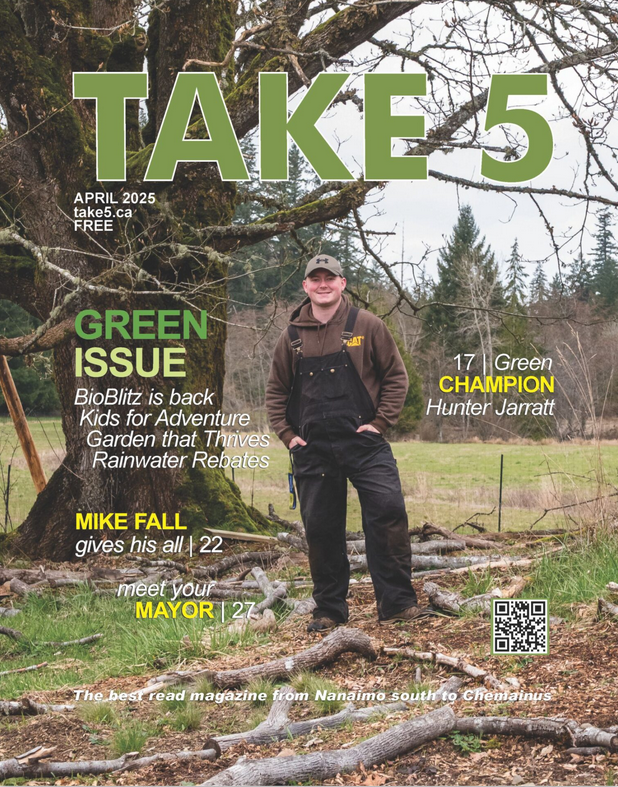“Working in magazines is a vibrant and engaging experience.”
Shaleeta Harrison

LINK, a magazine produced by publications manager Shaleeta Harrison for the BCIT Student Association, is continuously pushing the boundaries of what a student publication covers.
Before Shaleeta Harrison’s involvement with LINK, she majored in creative writing and minored in English and digital arts at Vancouver Island University.
During her undergraduate work at Vancouver Island University, Shaleeta volunteered at Portal magazine and founded a poetry magazine called Text. After graduation, Shaleeta became the executive director of the Federation of BC Writers. At the Federation, she managed the publication of WordWorks magazine for three years and helped organize events.
Shaleeta believes the reason for her success in magazines is because she enjoys producing quality work. Likewise with printing, graphic design, and mailing will take you a long way. There are a lot more positions in literary magazines than people realize. Even if a person thinks they won’t find a job at a literary magazine, they should continue to search.
Shaleeta would love to have volunteers at LINK but thinks it’s essential to compensate them in some way. LINK has many contributors and an already paid staff, which makes compensation for students providing help unlikely due to the magazine’s budget.
Working at LINK is different from Shaleeta’s other magazine positions because her coworkers continue to push the boundaries. Staff members, which consist of four to six students and other contributors, challenge the BCIT student status quo by bringing up discussions about gender politics, LGBTQ issues, and diversity inclusion.
For example, in LINK’s February issue they discussed sex toys, sex politics, and contraceptives. Many in the school were shocked and intrigued by the issue. It also educated a lot of the student body at BCIT on safe sex. LINK’s next issue will focus on the lack of bathroom accessibility, why the use of “hey guys” is acceptable, proper pronoun uses, and LGBTQ issues not discussed at BCIT.
Harrison has hopes for the future of LINK and other print magazines. She points out that many magazines have managed to adapt to the rise of the digital age. As long as governments fund literary magazines, they will continue to exist.
Also, not everything needs to be online. The Internet offers easy access to magazines, but it does not equate to success. Contrary to popular belief, many find reading printed magazines a relief from viewing on a tablet or phone, signifying that magazines still hold relevance in the digital age, even through the continuous commodification of technology.
As Shaleeta says, “working in magazines is a vibrant and engaging experience,” and likewise, people reading magazines can tell when it’s created with love.
— By Catherine Mwitta, student, Creative Writing, Douglas College, March 2, 2020.
Follow Catherine Mwitta at https://twitter.com/Cathieebee














